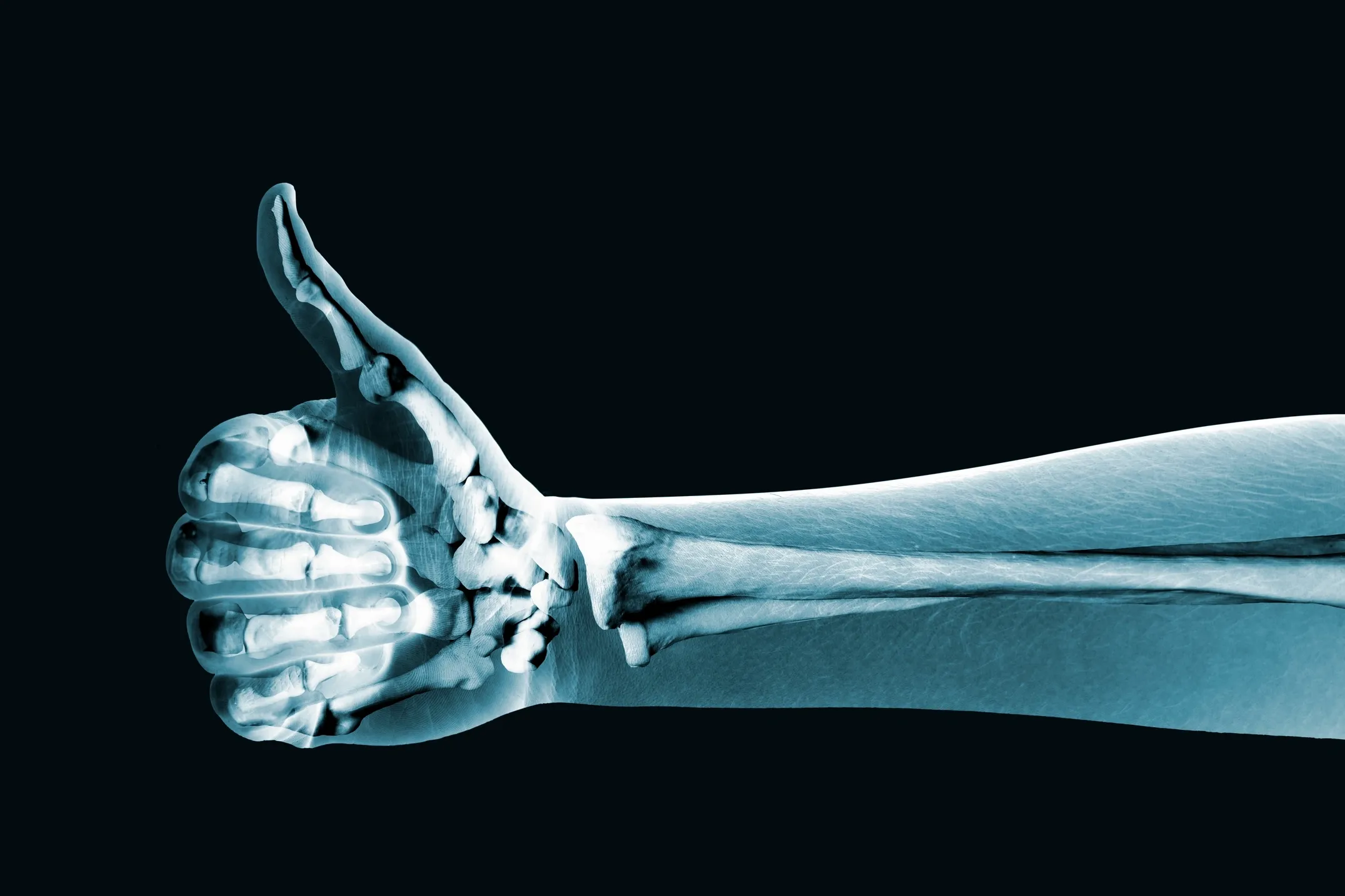
X-ray imaging is an essential diagnostic tool used in medical practice to visualize the internal structures of the body. In Toronto, a bustling metropolis with a diverse and growing population, access to quality X-ray services is crucial. This blog post will delve into the details of X-ray services in Toronto, covering everything from the basics of X-ray technology to where you can find the best services in the city. Whether you are a resident or a visitor, understanding the X-ray services available in Toronto can help you make informed healthcare decisions.
What is X-Ray Imaging?
Understanding X-Ray Technology
X-rays are a form of electromagnetic radiation, similar to visible light but with much higher energy. This high-energy radiation can pass through the body, allowing the creation of images of bones and other internal structures. X-ray imaging is a non-invasive procedure that helps doctors diagnose and monitor various medical conditions, such as fractures, infections, and tumors.
Types of X-Rays
There are several types of X-rays, each serving different diagnostic purposes:
– Plain Radiography: The most common type, used for examining bones and joints.
– Computed Tomography (CT): Combines X-ray images taken from different angles to create cross-sectional views of the body.
– Fluoroscopy: Provides real-time moving images, often used during procedures like catheter insertions.
– Mammography: Specialized X-ray for breast tissue examination.
Why You Might Need an X-Ray
Common Reasons for X-Ray Imaging
- Bone Fractures: To determine the presence and severity of fractures.
- Infections: Detecting infections, especially in the lungs (pneumonia).
- Arthritis: Evaluating joint damage and disease progression.
- Cancer Detection: Identifying tumors in different parts of the body.
- Dental Issues: Assessing teeth and jawbone conditions.
Preparing for an X-Ray
Before undergoing an X-ray, it is essential to inform your doctor if you are pregnant or suspect you might be. Removing any metal objects and wearing a hospital gown might be required to ensure clear images.
Top X-Ray Service Providers in Toronto
Hospitals and Medical Centers
– **Toronto General Hospital**: Known for its advanced imaging technologies and skilled radiologists.
– **Mount Sinai Hospital**: Offers comprehensive X-ray services, including emergency imaging.
– **Sunnybrook Health Sciences Centre**: Provides specialized imaging for trauma and complex cases.
Private Clinics
– **Downtown Radiology**: A convenient option for those living or working in the city center.
– **Yorkville Radiology**: Offers a comfortable setting with advanced imaging technology.
– **Bayview Radiology**: Known for its quick service and experienced staff.
Walk-In Clinics
– **Appletree Medical Group**: Multiple locations across Toronto, offering accessible X-ray services without an appointment.
– **My Health Centre**: Provides diagnostic imaging services with minimal wait times.
Costs and Insurance Coverage
Understanding the Costs
The cost of an X-ray in Toronto can vary widely depending on the type of X-ray and the facility. On average, a basic X-ray might cost between $50 and $200, while more complex imaging like a CT scan can cost several hundred dollars.
Insurance and OHIP Coverage
In Ontario, the Ontario Health Insurance Plan (OHIP) covers most X-ray services when prescribed by a physician. However, not all services may be fully covered, especially those at private clinics. It’s essential to check with your healthcare provider and insurance company regarding coverage specifics.
The Importance of Timely X-Ray Imaging
Early Diagnosis and Treatment
Timely X-ray imaging can significantly impact the outcome of many medical conditions. Early detection of fractures, infections, and tumors allows for prompt and effective treatment, reducing the risk of complications.
Follow-Up and Monitoring
X-rays are also crucial for monitoring the progress of a disease or the healing of an injury. Regular imaging can help doctors adjust treatment plans as needed, ensuring the best possible patient outcomes.
Innovations in X-Ray Technology
Digital X-Rays
The advent of digital X-rays has revolutionized diagnostic imaging. These X-rays provide clearer images with lower radiation exposure and can be easily shared and stored electronically.
Portable X-Ray Machines
Portable X-ray machines have made it possible to bring imaging services to patients who cannot easily travel, such as those in nursing homes or critical care units.
AI and Machine Learning
Artificial intelligence and machine learning are increasingly being integrated into X-ray imaging. These technologies can assist radiologists in detecting abnormalities more accurately and quickly.
How to Choose the Right X-Ray Service Provider
Considerations for Choosing a Provider
– **Location**: Choose a provider that is conveniently located.
– **Reputation**: Look for providers with good reviews and a strong reputation for quality care.
– **Technology**: Ensure the facility uses up-to-date imaging technology.
– **Accessibility**: Consider whether the provider offers walk-in services or requires appointments.
FAQs:
-
What should I expect during an X-ray procedure?
During an X-ray, you will be positioned by a technician, who will ensure you are comfortable and that the area being examined is properly aligned. You may be asked to hold your breath for a few seconds to prevent movement. The process is usually quick and painless.
2. Are X-rays safe?
Yes, X-rays are generally safe. The amount of radiation exposure is minimal, and the benefits of accurate diagnosis far outweigh the risks. However, it’s important to inform your doctor if you are pregnant.
3. How long does it take to get X-ray results?
The time it takes to get X-ray results can vary. In emergency situations, results can be available within minutes. For non-urgent cases, it might take a few days for your doctor to receive and review the images.
4. Can I request a copy of my X-ray images?
Yes, you can request a copy of your X-ray images. Many facilities now offer digital copies that can be easily shared with other healthcare providers.
5. Do I need a referral to get an X-ray?
In most cases, you will need a referral from a physician to get an X-ray. Some walk-in clinics may offer X-ray services without a referral, but it is always best to check with the specific provider.
In conclusion, Toronto offers a wide range of X-ray services to meet the diverse needs of its residents. Whether you need a basic X-ray, a specialized scan, or convenient access through a walk-in clinic, understanding your options can help ensure you receive the best possible care. Always consult with your healthcare provider to determine the most appropriate imaging for your medical needs.
continue reading
Related Posts
If an ultrasound is required early in your pregnancy, you will be required to have a full bladder for the procedure.
In cases when the appendix is not clearly visualized during a clinic-based ultrasound, a hospital-based ultrasound as an outpatient may be needed.




